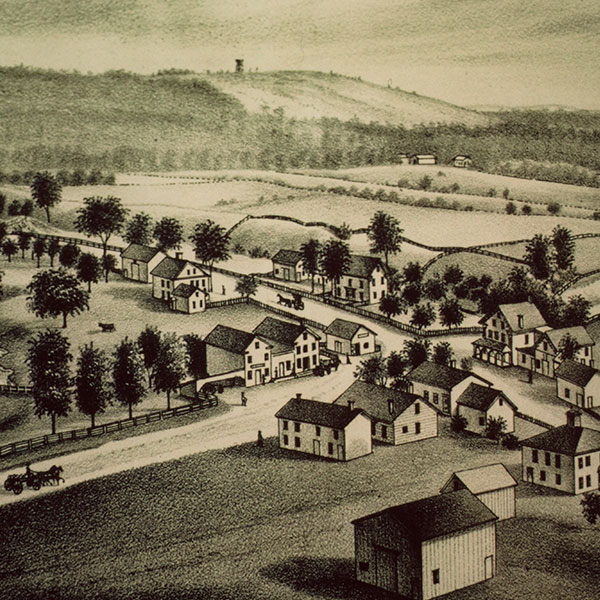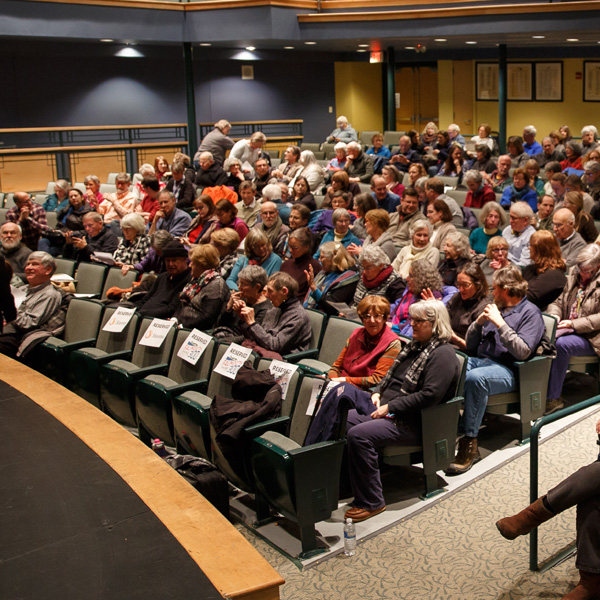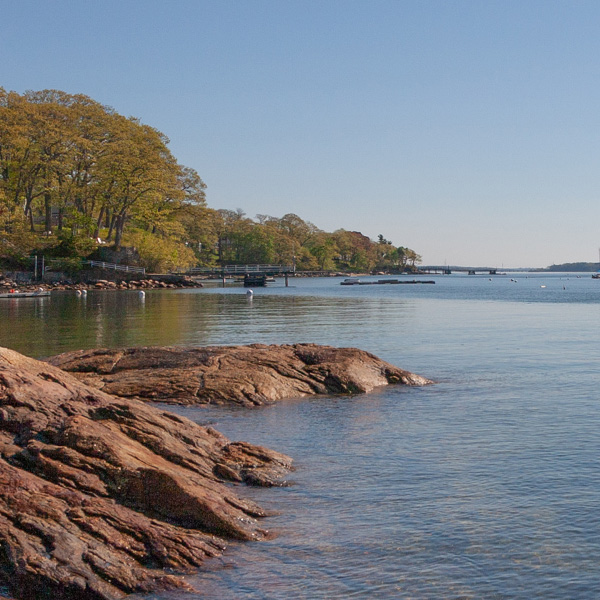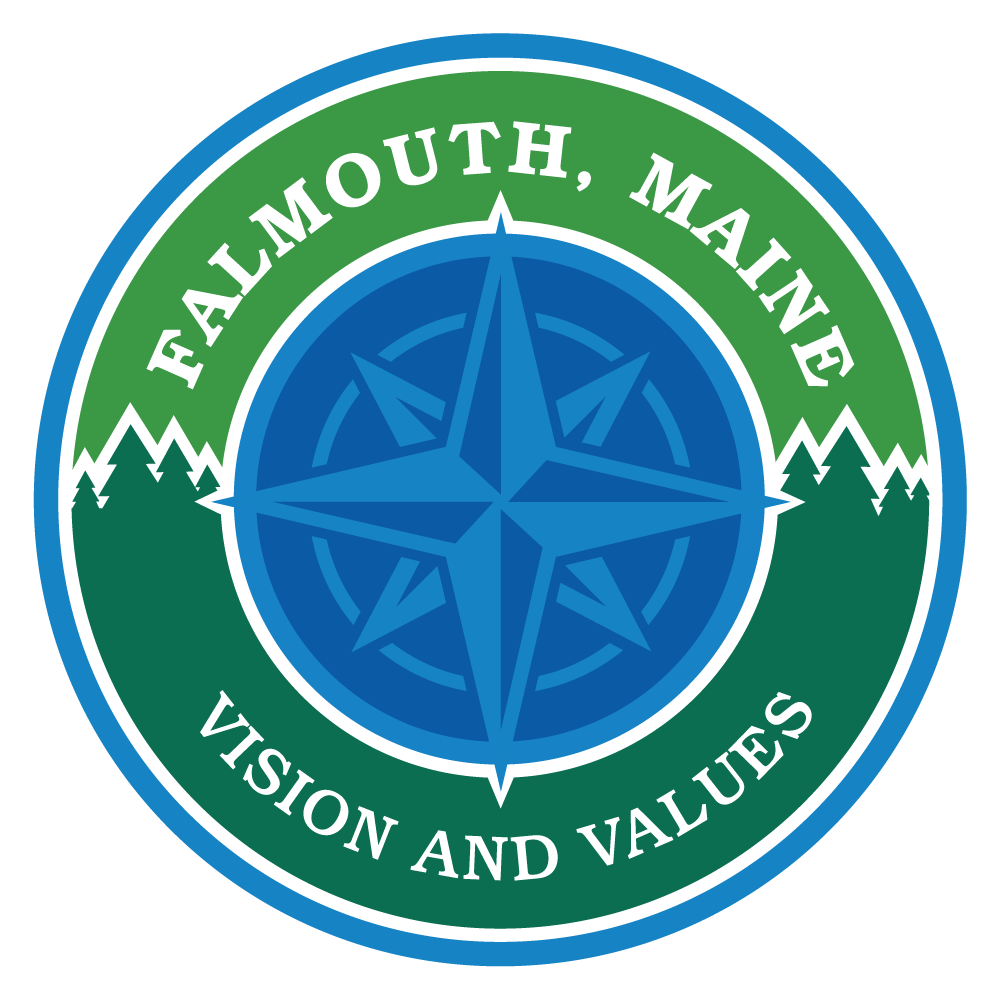



It appears that the Falmouth community highly values learning and aspires to provide learning opportunities for its residents at all stages of life.

For more information about the Town of Falmouth Vision and Values project, please contact:
David Beurle, CEO
Future iQ
Phone: (612) 757-9190
david@future-iq.com
7 Comments
Continued support for quality school education was the highest (88%) positive data point in the community and social fabric topics. It is clear that Falmouth has always had a strong shared value for excellence in our schools. We are so fortunate to have many Falmouth graduates still here, aging in place, others returning to raise their own families, and of course so many that hope to join our community for education. Our schools will continue to thrive with excellent leadership and caring staff.
I would love to see a laboratory of learning by connecting our diverse experienced, educated, innovative and caring community with the students in the schools. Our students could benefit from hearing real world job experiences and expectations, as well as just seeing different opportunities in our small town and big world. There are so many amazing stories to be told to inspire others, I hope we can find a way to highlight many voices in our near future.
I also think it is important to continue to offer learning experiences of all kinds to adults of every age in Falmouth. Community programs does a nice job with this, but I think we could look again at increasing opportunities.
I agree! As a current high school student who has gone through both the elementary and middle school, I have felt that I have had a great education. At the same time, more opportunities for students in the Falmouth schools to connect with other Falmouth residents for a combined learning opportunity would be great.
Educating our children is the primary Town objective! All efforts and expenditures should focus on that objective. Any community programs should be self funding – fees charged should cover the cost of the programs.
I was not sure where to put this thought – it could apply to many of the topics listed for discussion. Falmouth needs a public pool. Pools are community centers that provide residents and non-residents of all ages and abilities with access to therapeutic and health-sustaining benefits. A pool located on the school campus would be wonderful- students could walk to swim practice (or other classes – water safety etc). Having grown up in Cape Elizabeth that has a public pool like I am describing (which converted to saltwater and added a hot tub – lovely improvements), I am mystified by the lack of public pool in a community of this size and resources. Communities adjacent to Portland such as Cape, South Portland, Scarborough, Westbrook, and Cumberland all have public pools. People – disabled and non-disabled alike – of all ages would benefit from this community resource.
We fortunately raised our three daughters in Falmouth and saw them thrive in our well funded, respected, student-centered school school district. Thank you to all who have supported the school funding for those many years and continue to do so, even if there are no longer school-aged children in your homes. That is my current situation and I will still strongly support our annual school’s budget.
Having been involved as a public school administrator for 35 years in several communities in Southern Maine, I can attest to value of providing life-long learning opportunities for the adults in a community. It offers enriching ways for adults to connect with others and to stay connected to the school community as well. While I understand that Falmouth Community Programs provides some adult learning opportunities, I do feel that those could be expanded. They are usually self-supporting through user fees but should be made accessible to all, even for those that may need some financial assistance to do participate. Many courses can be offered at little or no costs as well.
I read in a previous post that there should be efforts made to build a community pool. I wholeheartedly support that idea for many of the same reasons that were noted before, especially the cross-generational use of such a facility.
Falmouth does not exist in a bubble: the challenges Maine, the US, and the world confront will also require local responses and actions. Such challenges include technological innovation and change, global warming and sea level rise, lack of affordable housing, and increasingly diverse populations. To effectively meet these challenges, all of us must become lifelong learners, and Falmouth must continue to build on the resources we already have to expand those opportunities. A community pool is an excellent way to expand learning opportunities for school children and to foster life-long health and fitness of all of our residents.
Thank you all for a great focus group on this subject last night. I love the vision of Falmouth as a learning community.